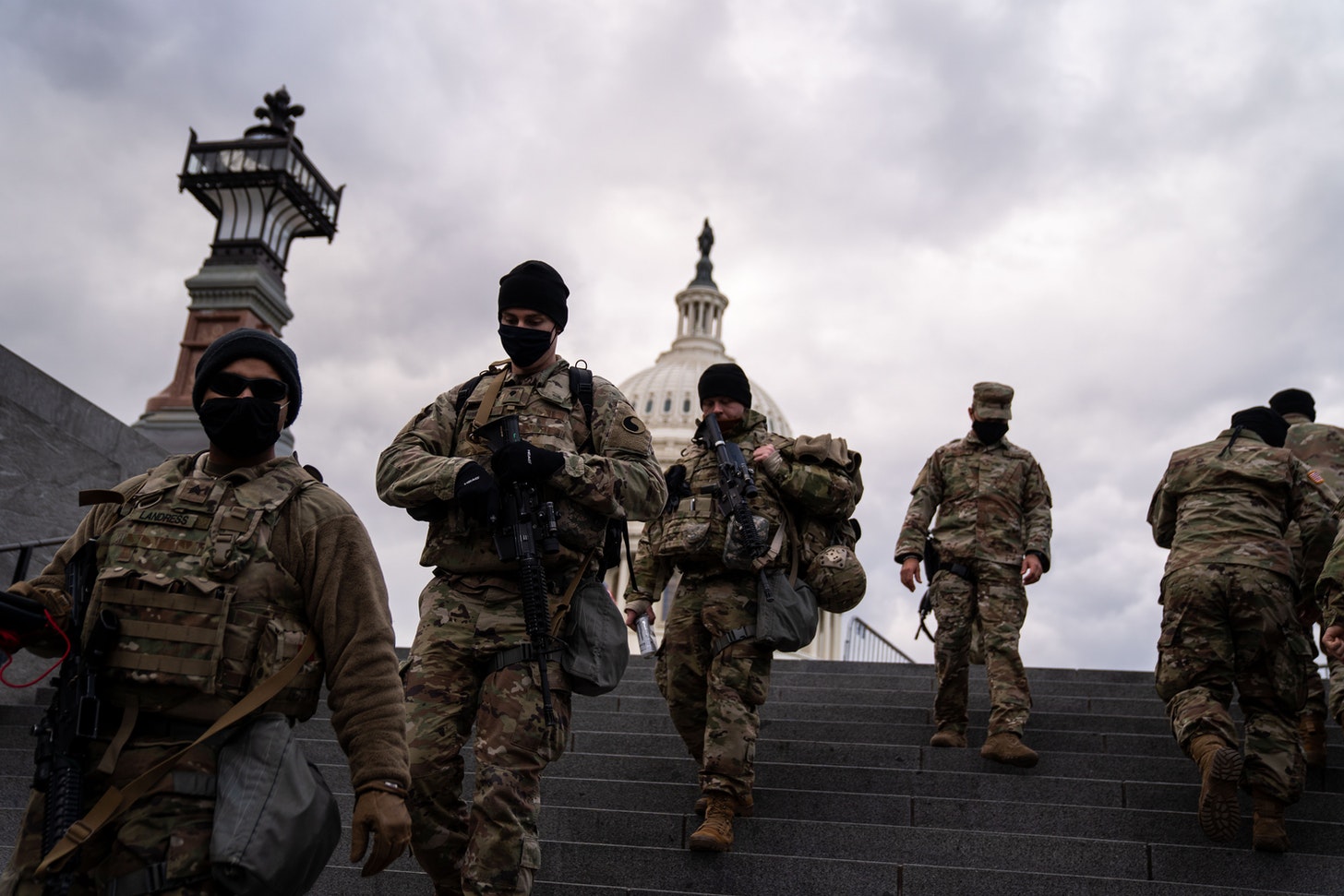Kerby Anderson
Yesterday I talked about a commentary by Glen Greenwald criticizing the call for a domestic war on terror. One of his concerns is the attempt to justify new domestic police powers because speech can “incite violence.” Not only is that used to justify going after our fellow Americans, it also was the basis for the impeachment article against Trump.
Citing Rudy Giuliani in what constitutes incitement wouldn’t be helpful since he has been the former president’s lawyer. It is worth mentioning that the former mayor was at the January 6th rally and convinced that most of those there were thinking more about getting in out of the cold than heading to the Capitol.
Glen Greenwald is an appropriate commentator since he has not been a Trump supporter and has been a critic of the war on terrorism. He says “much of the alarmism and fear-mongering is being driven by a deliberate distortion of what it means for speech to ‘incite violence.’” He also adds that the phrase “inciting violence was also what drove many of the worst War on Terror abuses.”
The Supreme Court has set a high bar for incitement. Otherwise, any passionate speech or inflammatory rhetoric could be cited as the cause of a riot or insurrection. The justices ruled in Claiborne v. NAACP that the state could not “hold NAACP leaders liable on the grounds that their fiery speeches urging a boycott” incited their followers to burn down stores. The court relied on a previous ruling in Brandenburg v. Ohio that overturned a criminal conviction against a KKK leader who publicly advocated the possibility of violence against politicians.
The flawed arguments of incitement shouldn’t be used to impeach and remove a president who has already left office. They also should not be used to institute a domestic war on terror.
 Listen Online
Listen Online Watch Online
Watch Online Find a Station in Your Area
Find a Station in Your Area










 Listen Now
Listen Now Watch Online
Watch Online
